Last week a gentle Norfolk waterway got into trouble with Facebook. The problem was its name — Cockshoot Dyke. Facebook’s relentless algorithms blocked posts that mentioned the dyke and issued notifications warning about ‘sexual content’ and ‘violence’.
The name of this stretch of water isn’t, of course, actually rude at all.
Already a subscriber? Log in
Subscribe for just $2 a week
Try a month of The Spectator Australia absolutely free and without commitment. Not only that but – if you choose to continue – you’ll pay just $2 a week for your first year.
- Unlimited access to spectator.com.au and app
- The weekly edition on the Spectator Australia app
- Spectator podcasts and newsletters
- Full access to spectator.co.uk
Or
Unlock this article
You might disagree with half of it, but you’ll enjoy reading all of it. Try your first month for free, then just $2 a week for the remainder of your first year.

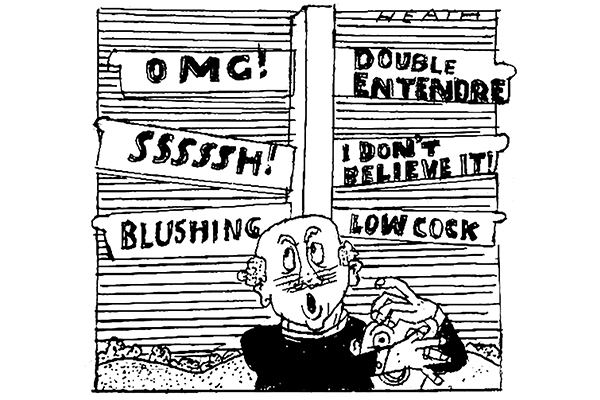
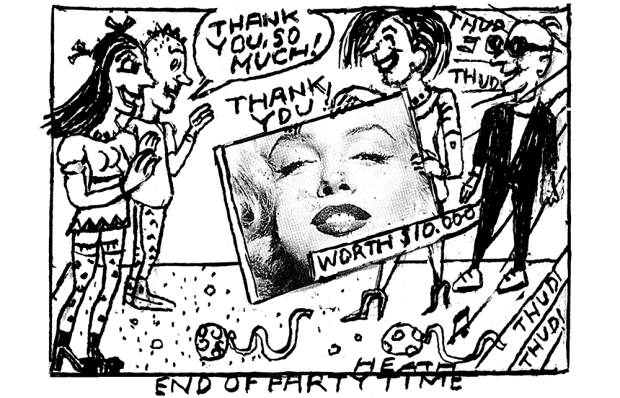
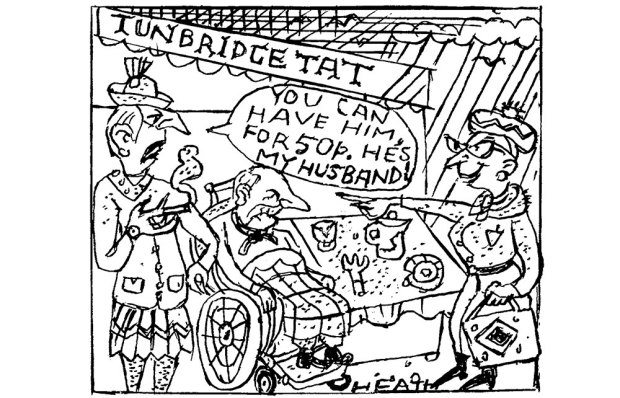
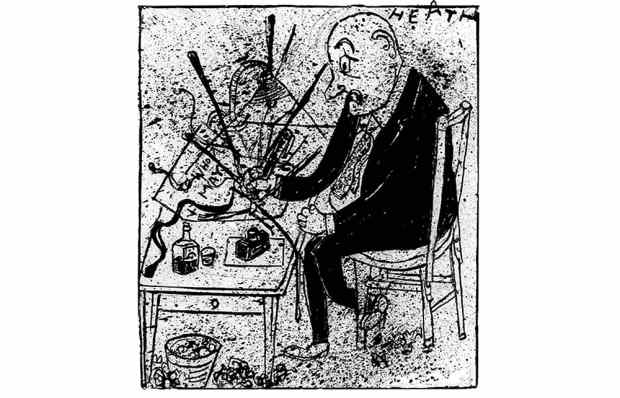
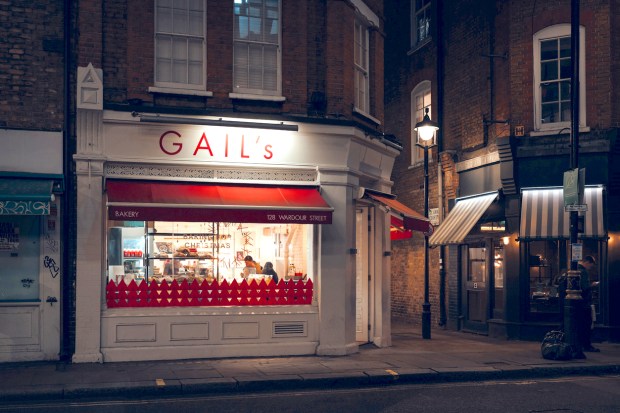
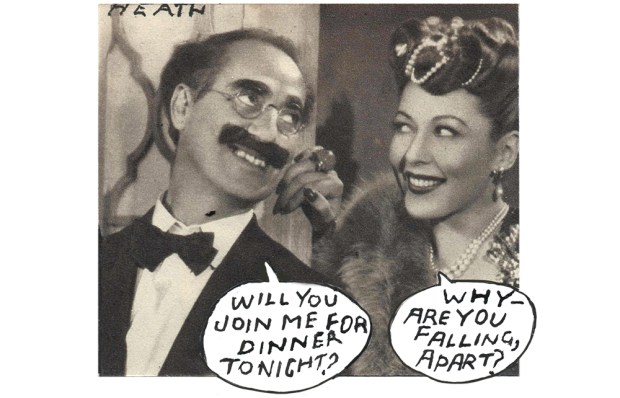
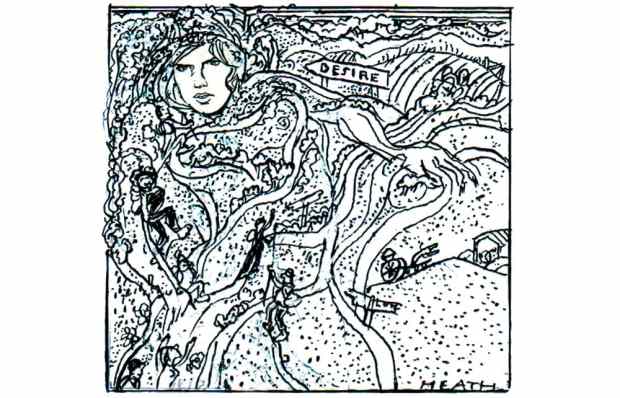






Comments
Don't miss out
Join the conversation with other Spectator Australia readers. Subscribe to leave a comment.
SUBSCRIBEAlready a subscriber? Log in